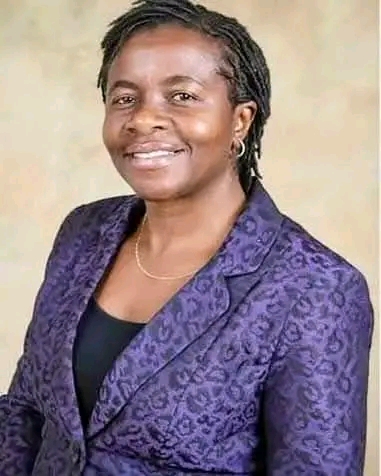
image
Picture courtesy: (Steve Haag/Gallo) prosecution produce compelling evidence during Senzo Meyiwa’s murder case.
(The Post News)– In recent court proceedings, the prosecution produced compelling evidence on the terrible murder of South African football icon Senzo Robert Meyiwa, which led to a sudden turn in the trial. Meyiwa was shot and killed on October 26, 2014, during a house invasion. Meyiwa was a highly regarded goalkeeper and captain for the South African national team as well as the Orlando Pirates.
Trial dates for all five of the defendants have been formally set, marking a significant breakthrough in the much-awaited trial surrounding the murder of South African football hero Senzo Robert Meyiwa. The trial, which was originally scheduled for April 11–April 29 and May 13–June 17, 2022, has been moved to the Northern Gauteng High Court in Pretoria, signaling a significant turning point in the efforts to bring Meyiwa’s tragic death to justice.
The seriousness of the case and the significance of guaranteeing an impartial and open legal process are highlighted by the decision to transfer the trial to the Northern Gauteng High Court. The trial has attracted a lot of public attention and scrutiny, and the move tries to streamline processes and accommodate its complexity.
The trial, which has drawn national interest, has recommenced with an emphasis on the accused’s whereabouts at the scene of the crime. One of the five men on trial for Meyiwa’s murder before the High Court in Pretoria, Muzi Sibiya, was questioned about his alibi. The state prosecutor, Ronnie Sibanda, produced bank transactions that demonstrated Sibiya’s location in Gauteng at the time of the murder, despite his initial claims to be elsewhere.
Sibanda carefully detailed multiple financial withdrawals from Sibiya’s account at different locations—Johannesburg, Vosloorus, Nongoma, and Ulundi—that occurred during the time of Meyiwa’s passing. Sibiya’s original allegations were immediately refuted by the evidence that was presented, leaving minimal space for uncertainty.
Judge Ratha Mokgoatlheng also acknowledged that both accused had admitted to the transactions, although he was reluctant to go into great detail about the bank transaction records. This admission raised the prospect of accelerating the trial procedure. Apart from the bank transactions, phone conversation logs were examined, which provided insight into possible relationships among the defendants.
Gideon Gouws, a cell phone data analyst, testified on the accused’s communication patterns and disclosed a substantial volume of calls and texts that were exchanged in the years that followed the incident. On the other hand, defense attorney Zithulele Nxumalo questioned the accuracy of the evidence provided and cast doubt on the significance of his client’s alleged conversations with the other defendants during cross-examination.
Unresolved differences keep coming to light during the trial, which is putting the country on edge while it waits for justice for Senzo Meyiwa, a beloved player whose sudden death rocked the foundations of South African football.




